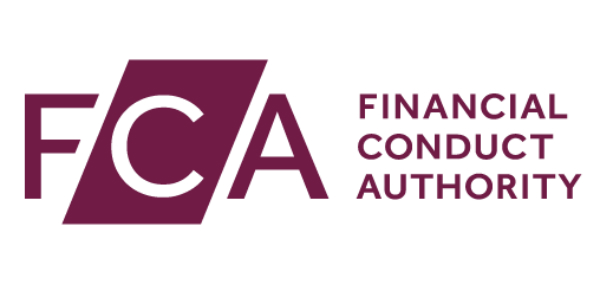
The final version of the manual on cryptocurrency assets developed by the British regulator (FCA) introduces legal clarity and reflects the views of market players, the executive director of the CEX.io stock exchange, Vitaly Kedyk, said, having shared his opinion with the BlockchainJournal magazine.
“The process of creating a new leadership was transparent from the very beginning and took into account the views of market players ,” said Kedyk.
According to him, being a member of the self-regulatory organization CryptoUK, the CEX.IO exchange proposed to include cryptoactive assets that fall under the description of electronic money into a separate category called e-money tokens and include them in PSR / EMR (the category of “electronic money” in accordance with Promotion Code electronic money in 2011 and the “payment service”, according to the Payment Services Regulations 2017 year).
“We emphasized this both in our application to the FCA and during consultations on cryptoactive assets. The latest version of the manual fully reflects our recommendation. The position of the regulator regarding e-money tokens adds further clarity to which cryptoactive assets fall under the existing regulatory parameter, and provides guidance for market participants, ”the exchange representative added.
Also, according to him, CEX.io shares the position of FCA about the fact that not every steyblecoin falls under the category of e-money, because for this to happen, it must fully comply with the description of electronic money.
“Now, if the company decides to issue an e-money category token, it will be properly regulated by the FCA ,” concluded Kedyk.
Recall, recently the Financial Conduct Authority of the United Kingdom has published the final version of the cryptocurrency assets guide, indicating which of them falls under its jurisdiction.
In particular, the manual contains the concept of a security token, which is defined as an asset that has the characteristics of stocks or debt instruments. For such tokens, the same rules apply as for traditional securities, which is why they should be regulated by FCA. Companies are given the opportunity to issue security tokens without a regulator's license, but trading them without the permission of FCA is prohibited.
Utility tokens, on the other hand, do not possess such characteristics and therefore, as a rule, will not interest FCA. The exceptions are cases when they perform the function of electronic money and thus fall into the category of e-money.
Subscribe to the BlockchainJournal news in Telegram: BlockchainJournal Live – the entire news feed, BlockchainJournal – the most important news and polls.
BlockchainJournal.news
BlockchainJournal.news

